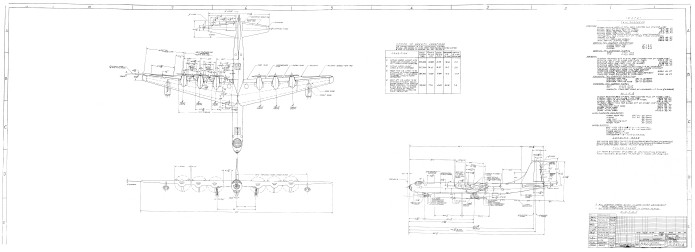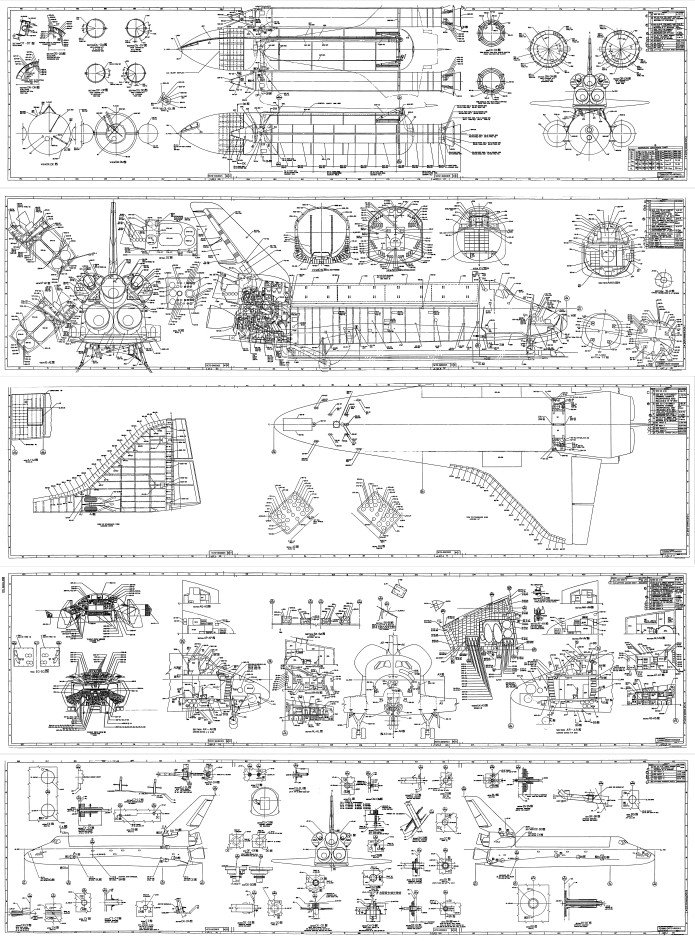Augustine College is pleased to announce the 17th annual Weston Lecture, a free public lecture given this year by Dr. R.R. Reno titled Against Critical Thinking.
Dr. Reno has served as the editor of First Things, America’s most influential journal of religion in public life, since 2011. He received his PhD in theology from Yale University and taught theology and ethics at Creighton University in Omaha, Nebraska for twenty years. He has published in many academic journals, and his opinion essays have appeared in Commentary, the Washington Post, and other popular outlets. His most recent books include Fighting the Noonday Devil, Sanctified Vision and a commentary on the Book of Genesis.
In his talk, Dr. Reno will argue that the life of the mind is based on our capacity to know and affirm truth. Today’s academic culture overemphasizes critical questioning and doubt. This fails to train us how to assent to truth. For that we need a pedagogy of piety, which means an approach to instruction that is ordered toward that affirmation of truth.
Ahhhh…
And there’s the requisite propaganda poster which draws heavily from science fiction iconography, and seems to be claiming that things like “doubt” and “skepticism” and “questioning everything” are “evil.”

And of course there’s also this:
A freewill offering will be taken.
Yup. A “freewill offering.”
The irony here is that Augustine College is probably named after St. Augustine. While Augustine tried and failed to use logical arguments to prove his faith, he did have the occasional bit of wisdom. Wisdom that the good Dr. Reno should take to heart:
“Usually, even a non-Christian knows something about the earth, the heavens, and the other elements of this world, about the motion and orbit of the stars and even their size and relative positions, about the predictable eclipses of the sun and moon, the cycles of the years and the seasons, about the kinds of animals, shrubs, stones, and so forth, and this knowledge he hold to as being certain from reason and experience. Now, it is a disgraceful and dangerous thing for an infidel to hear a Christian, presumably giving the meaning of Holy Scripture, talking nonsense on these topics; and we should take all means to prevent such an embarrassing situation, in which people show up vast ignorance in a Christian and laugh it to scorn. The shame is not so much that an ignorant individual is derided, but that people outside the household of faith think our sacred writers held such opinions, and, to the great loss of those for whose salvation we toil, the writers of our Scripture are criticized and rejected as unlearned men. If they find a Christian mistaken in a field which they themselves know well and hear him maintaining his foolish opinions about our books, how are they going to believe those books in matters concerning the resurrection of the dead, the hope of eternal life, and the kingdom of heaven, when they think their pages are full of falsehoods and on facts which they themselves have learnt from experience and the light of reason? Reckless and incompetent expounders of Holy Scripture bring untold trouble and sorrow on their wiser brethren when they are caught in one of their mischievous false opinions and are taken to task by those who are not bound by the authority of our sacred books. For then, to defend their utterly foolish and obviously untrue statements, they will try to call upon Holy Scripture for proof and even recite from memory many passages which they think support their position, although they understand neither what they say nor the things about which they make assertion. “
Since this lecture has presumably already occurred, it might be interesting to find out how it went. Whether there were any hecklers. Or even just any critical questions or comments. Like “why should I believe you?” Or “Since I don’t need to think critically, I’m’a gonna go join an ashram.”







